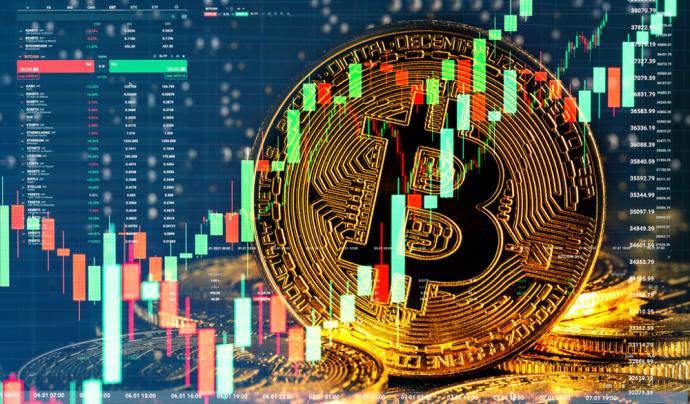In the age of digitization, 虛擬貨幣怎麼玩 have emerged as a revolutionary force, transforming the way we perceive and engage with money. These digital assets, often hailed as the currency of the future, have gained unprecedented popularity and sparked intense debates among investors, technologists, and policymakers alike.through Initial Coin Offerings (ICOs) or Security Token Offerings (STOs).
Cryptocurrency, at its core, is a decentralized form of digital currency. Unlike traditional fiat currencies issued and regulated by governments, cryptocurrencies rely on blockchain technology to secure and verify transactions. This distributed ledger system not only ensures transparency but also makes fraud and manipulation exceedingly difficult, if not impossible.
One of the most well-known cryptocurrencies is Bitcoin, created by the pseudonymous Satoshi Nakamoto in 2009. Bitcoin’s meteoric rise in value over the past decade has attracted a significant following, and it’s often referred to as “digital gold” due to its store of value characteristics. Other cryptocurrencies like Ethereum, Ripple (XRP), and Litecoin have also carved out their niches, each offering unique features and use cases within the blockchain ecosystem.
One of the most appealing aspects of cryptocurrency is its potential for financial inclusion. Traditional banking systems can be inaccessible to a large portion of the global population, particularly in developing countries. Cryptocurrencies provide an opportunity for individuals without access to banks to participate in the global economy, enabling them to send and receive money, access financial services, and even participate in crowdfunding initiatives.
However, it’s essential to acknowledge the risks and challenges associated with cryptocurrencies. Price volatility is a significant concern, with values that can fluctuate dramatically in short periods. Regulatory uncertainty remains a hot topic, with governments around the world grappling with how to regulate this emerging asset class. Cryptocurrencies have also been associated with illegal activities due to their pseudonymous nature, leading to concerns about money laundering and fraud.


